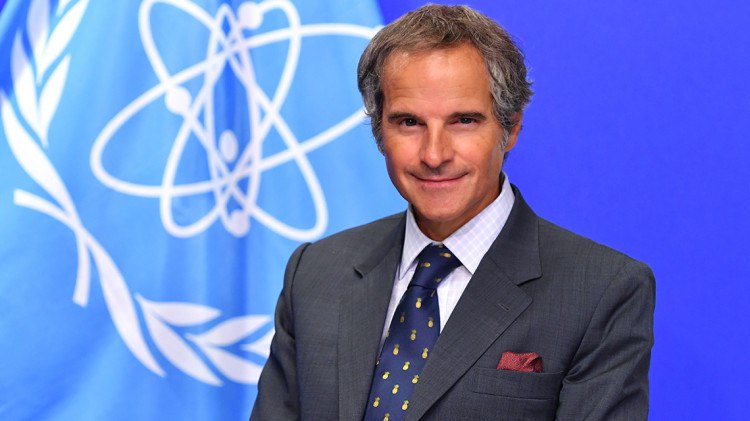BAKU, Azerbaijan, January 22. Rafael Mariano Grossi, Director General of the International Atomic Energy Agency (IAEA), voiced serious concerns about the erosion of nuclear non-proliferation norms during panel discussions on the "Rubik's Cube of Global Security" at the World Economic Forum in Davos, Trend reports.
Grossi warned that rising geopolitical tensions are undermining international consensus on nuclear disarmament and non-proliferation. "The common ground that once existed among major powers, including the five permanent members of the UN Security Council, has eroded," he said. "Times of heightened geostrategic tension are increasing the allure of nuclear weapons."
He also highlighted the ongoing uncertainty in the Middle East, particularly regarding Iran. "Iran has not developed nuclear weapons, but they possess many pieces of the puzzle," Grossi noted. This ambiguity, he said, has prompted other countries in the region, including NATO allies, to openly declare their intention to pursue nuclear weapons if Iran were to acquire them.
Grossi expressed alarm over challenges to the global moratorium on nuclear testing. Russia's decision to de-ratify the Comprehensive Nuclear-Test-Ban Treaty (CTBT) and discussions in the U.S. about resuming nuclear tests have raised doubts about the long-standing consensus against such actions.
In Asia, Grossi pointed to public debates in South Korea and Japan about the potential acquisition of nuclear weapons. "In Japan, while not officially endorsed by the government, there are increasing public discussions on whether nuclear weapons could enhance national security," he said.
Grossi described the situation as a "real pressure" on the global non-proliferation regime, which, despite its flaws, has historically helped maintain international stability. "The non-proliferation norm is under strain, and its future is uncertain," he concluded.
Follow the author on X: @Lyaman_Zeyn







